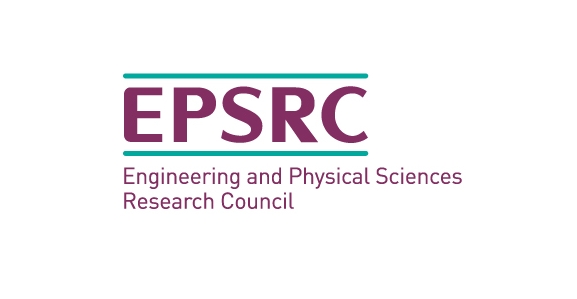Researchers from the School of Engineering and Digital Arts and the School of Physical Sciences at the University of Kent have been awarded a £1.2m grant together with collaborators at the University of Manchester and the Centre for Process Innovation.
The research will create millimetre wavelength frequency radio tags for use as health sensors on skin. The tags will be very low power with polymer based batteries integrated into them, and they will use millimetre waves similar to the new 5G mobile systems in order to be able to send much faster data than existing Internet of Things sensors. This could enable a number of skin tags on the head to send brain wave ECG signals for wirelessly monitoring epilepsy, or even for future brain computer interfaces allowing computing equipment to be controlled by thoughts. To develop the new technology electronic engineers are working with battery chemists and printing experts, and the prototypes will be developed for industrial manufacture by the Centre for Process Innovation.
Professor John Batchelor who is leading the research said: ‘We’ve been developing printed skin tags that are safe to place on the skin, and now this grant will allow us to research technologies to send the broadband data that can make them really useful. We’ve got to work out how to make low loss printed electronics for millimetre wavelength signals together with integrated stretchable high capacity batteries, and the new radio systems to send multiple simultaneous high speed data channels off the body. We’ll also be collaborating with experts in Japan in order to make models to simulate the human head’.
The research is funded by the UK Engineering and Physical Science Research Council (EPSRC).

